Can Dogs Eat Farro?
Discover whether or not can dogs eat Farro effectively, exploring its advantages and capacity dangers. Learn professional insights and FAQs about canines and farro, ensuring the well-being of your bushy friend.
Can Dogs Eat Farro?
Table of Contents
Introduction
Welcoming a dog into your lifestyle often means considering their nutritional wishes. The query arises: Can dogs consume farro? In this comprehensive manual, we’ll delve into the arena of dog nutrition, exploring the protection, benefits, and precautions related to incorporating farro into your dog’s diet.
Farro Fundamentals for Furry Friends
Understanding Farro for Dogs
Farro, a nutrient-wealthy ancient grain, has gained popularity in human diets for its fitness advantages. But can dogs consume farro? Yes, they could! Farro offers vital vitamins like fiber, protein, and vitamins, contributing to your dog’s normal well-being.

Benefits of Farro Consumption for Dogs
Promotes Digestive Health
Can Dogs Eat Farro? Farro’s high fiber content material aids digestion, supporting a healthy intestine in puppies. This can alleviate commonplace gastrointestinal problems and sell ordinary bowel moves.
Rich Source of Protein
Dogs thrive on protein, and Farro offers an additional plant-based total protein source. This can be particularly beneficial for dogs with nutritional regulations or sensitivities to animal proteins.
Nutrient-Rich Goodness
Farro incorporates nutrients and minerals critical for your canine’s health, which include B nutrients, magnesium, and iron. These make contributions to strength stages, immune features, and usual energy.
Can Dogs Eat Farro Safely?
Potential Risks and Considerations
While farro has several benefits, it’s essential to exercise caution. Dogs with gluten sensitivity or allergic reactions must keep away from farro, as it includes gluten. Additionally, constantly introduce new meals step by step to monitor your canine’s response and keep away from overfeeding.

Portion Control Matters
Moderation is fundamental while including farro in your canine’s food plan. Excessive consumption can result in a disenchanted belly or other digestive problems. Consult your veterinarian to determine an appropriate component size based totally on your canine’s length and breed.
Expert Insights on Canine Nutrition
Incorporating Farro into Your Dog’s Diet
1. Can Dogs Eat Cooked Farro?
Absolutely! Cooked farro is easier for puppies to digest, unlocking its dietary advantages. Ensure it’s undeniable, without added seasonings or spices, and allow it to cool earlier than serving.
2. Can Puppies Eat Farro?
Puppies can experience farro moderately once they’ve started on solid meals. However, usually consult your vet to ensure it aligns with their particular nutritional desires.
3. Is Farro an Ideal Treat?
Yes, farro can be a healthful treat for dogs. Use it as an occasional reward or mix it with their ordinary food for a delivered dietary fee.
What grains ought to puppies avoid?
Dogs should normally avoid grains inclusive of wheat, corn, and soy. These grains may be hard for some dogs to digest and might cause allergic reactions or sensitivities in positive individuals. Additionally, grains that contain gluten are probably complicated for dogs with gluten intolerance.
What grains are in canine food?
Many business dog ingredients consist of grains like rice, barley, oats, and quinoa. These grains can function as a supply of carbohydrates and offer important vitamins for dogs. It’s important to choose top-notch dog meals with effortlessly digestible grains if you decide to include them on your pet’s weight loss plan.
What cooked grains are suitable for puppies?
Cooked grains which are often taken into consideration secure and useful for puppies include rice, quinoa, barley, and oatmeal. These grains can offer an awesome supply of power and nutrients. It’s vital to make certain that the grains are cooked undeniable, without delivered salt, spices, or different seasonings.

Can dogs digest quinoa?
Yes, dogs can typically digest quinoa. Quinoa is a nutritious entire grain that carries protein, fiber, and diverse nutrients and minerals. It is considered a healthful alternative to standard grains in canine food. Before feeding quinoa for your dog, ensure its miles cooked thoroughly, and it’s a great concept to introduce new ingredients regularly to display your canine’s response and make sure they tolerate it well.
FAQs About Can Dogs Eat Farro?
Q: Can Dogs Be Allergic to Farro?
Some puppies may additionally have allergic reactions to gluten discovered in farro. Monitor your canine for any damaging reactions, and consult your vet in case you look at unusual symptoms.
Q: Can Farro Cause Digestive Issues in Dogs?
While farro is commonly easy to digest, immoderate consumption can result in digestive disappointment. Introduce it steadily and carefully.
Q: Is Farro Safe for Dogs with Dietary Sensitivities?
Farro may be an appropriate alternative for puppies with unique nutritional sensitivities, imparting a nutritious option that aligns with their needs.
Q: Can Dogs Eat Raw Farro?
It’s really useful to feed puppies cooked farro to beautify digestibility and nutrient absorption. Raw farro can be challenging for puppies to system.
Q: How Often Can Dogs Eat Farro?
Moderation is key. Include farro in your canine’s weight loss program from time to time, and alter the frequency based on their character reaction and nutritional necessities.
Q: Can Farro Benefit Dogs with Joint Issues?
The nutrients in farro, which include magnesium, may also contribute to joint fitness. Consult your vet for personalized advice if your canine has particular joint worries.
Conclusion
Can Dogs Eat Farro? In the area of dog vitamins, exploring new and nutritious alternatives is part of worrying for your hairy pal. So, can dogs consume farro? Yes, with conscious attention to their man or woman’s wishes. Incorporate farro responsibly into your dog’s diet, savoring the health benefits it can offer.
if you want to read more about can dogs eat croutons

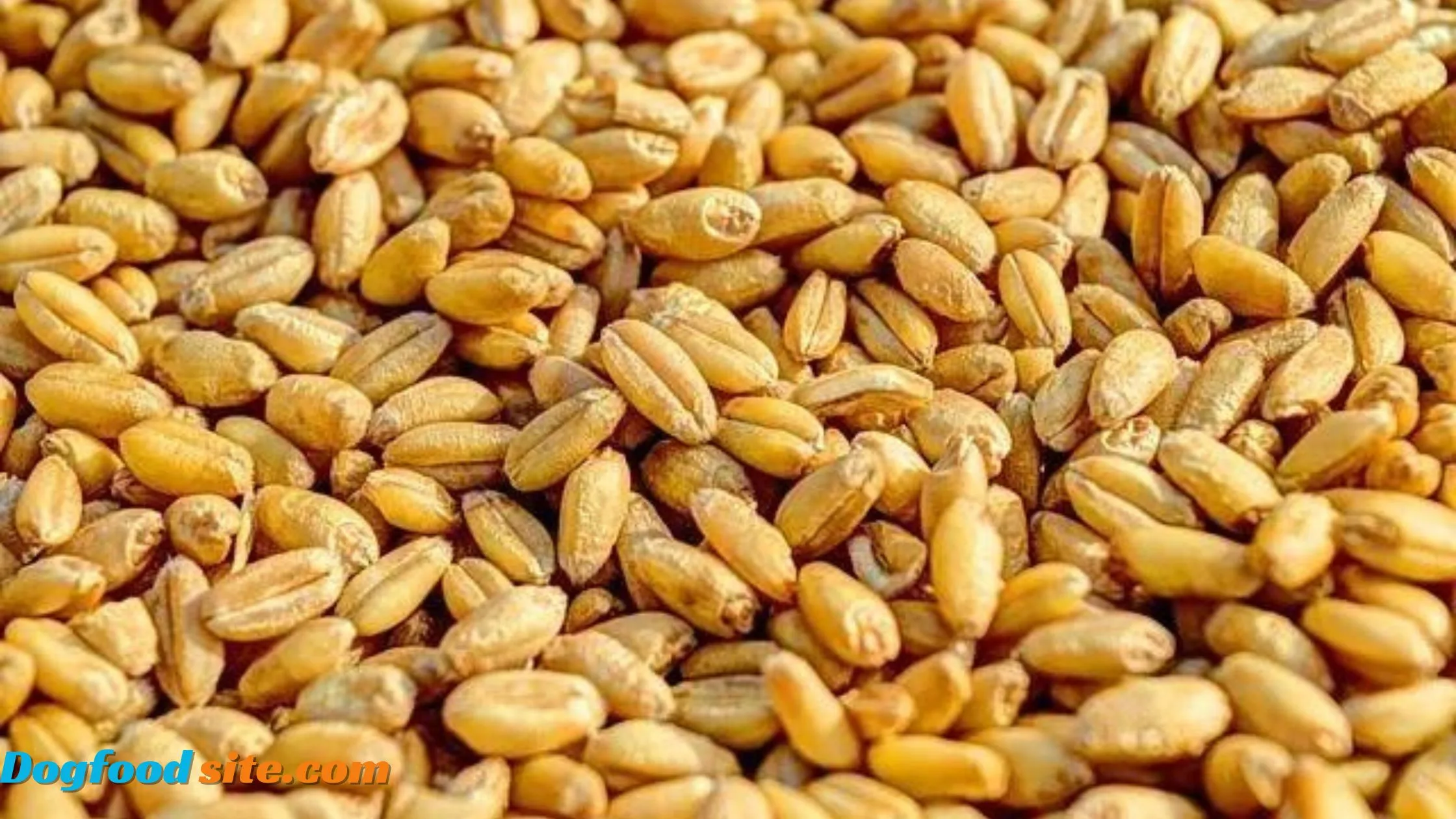

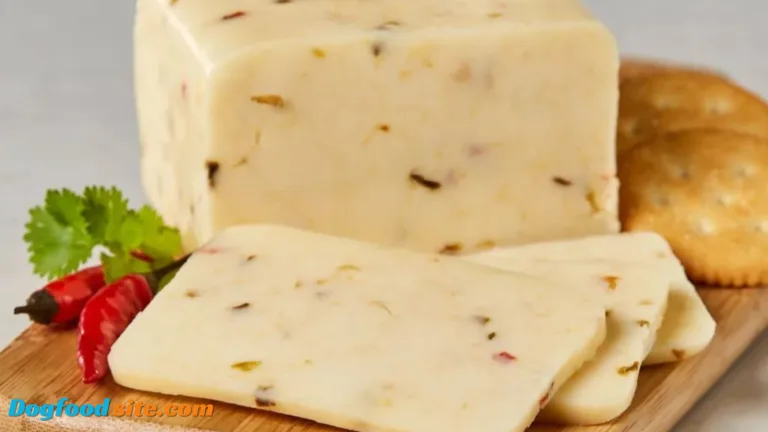
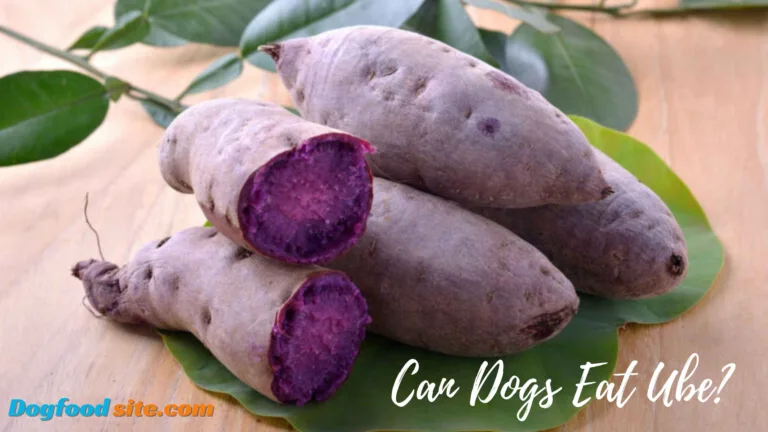
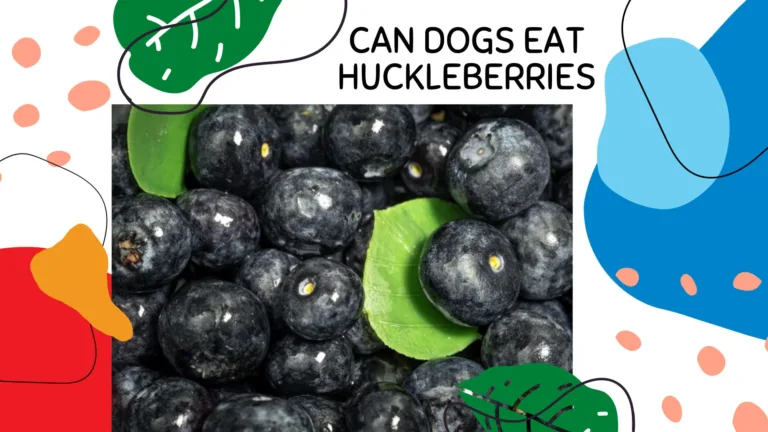

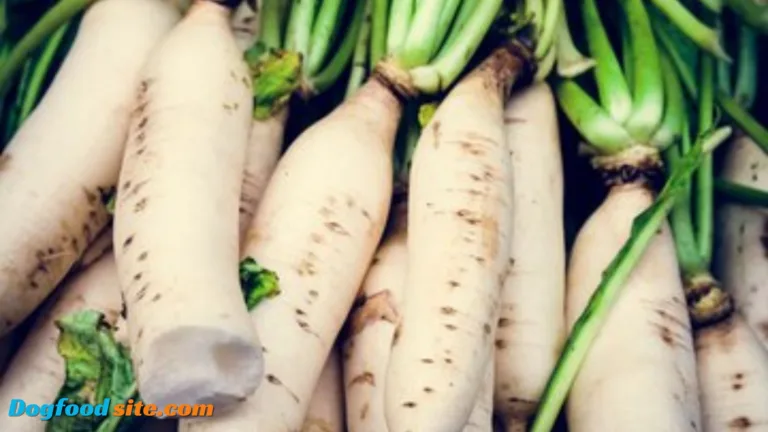
One Comment